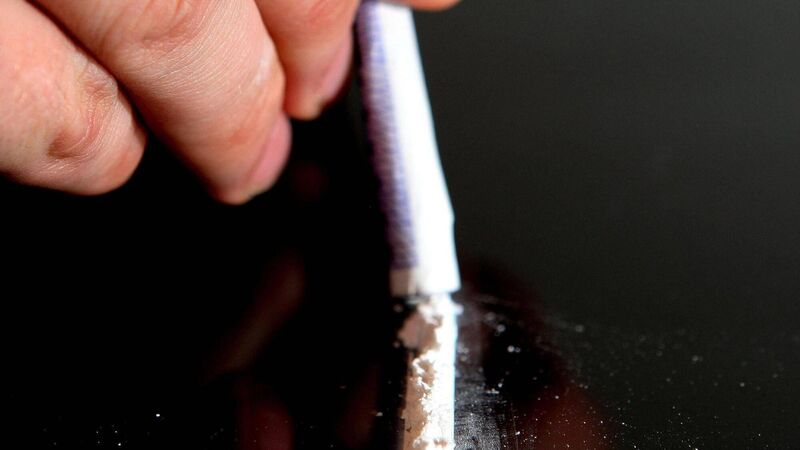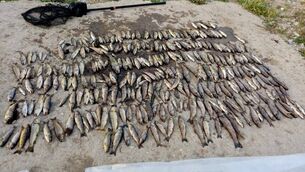Supervised drug facility could save many of Cork's problem drug users, UCC research claims

The authors of a report by researchers at University College Cork said cocaine overtook opioids as the main problem drug for those entering treatment in 2023. File picture
Many of the 35 people who are dying from problem drug use in Cork city each year could be saved with a supervised drug consumption facility, a HSE expert has claimed.
The annual death toll was revealed in a first of its kind report by researchers at University College Cork (UCC). They found there has been a “pronounced” increase in young adults using cocaine and amphetamines in Cork in recent years.















